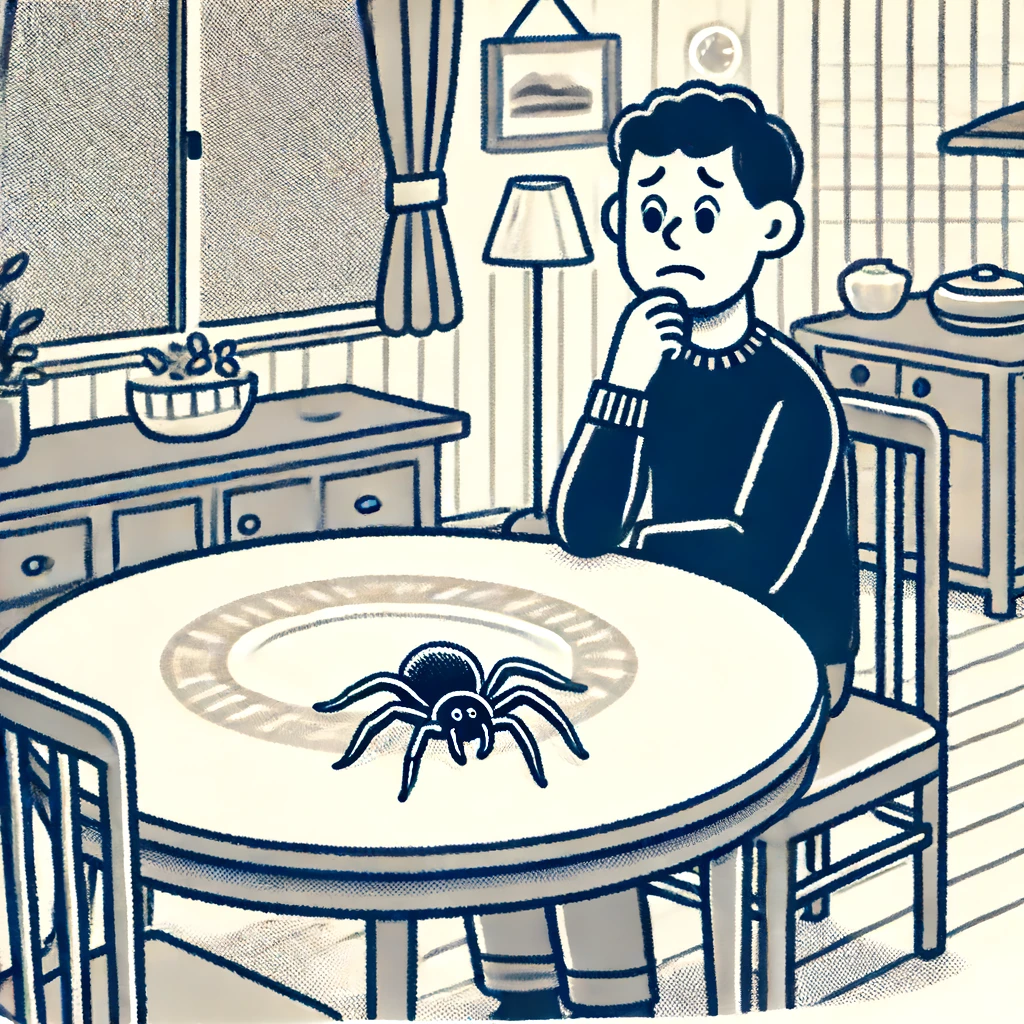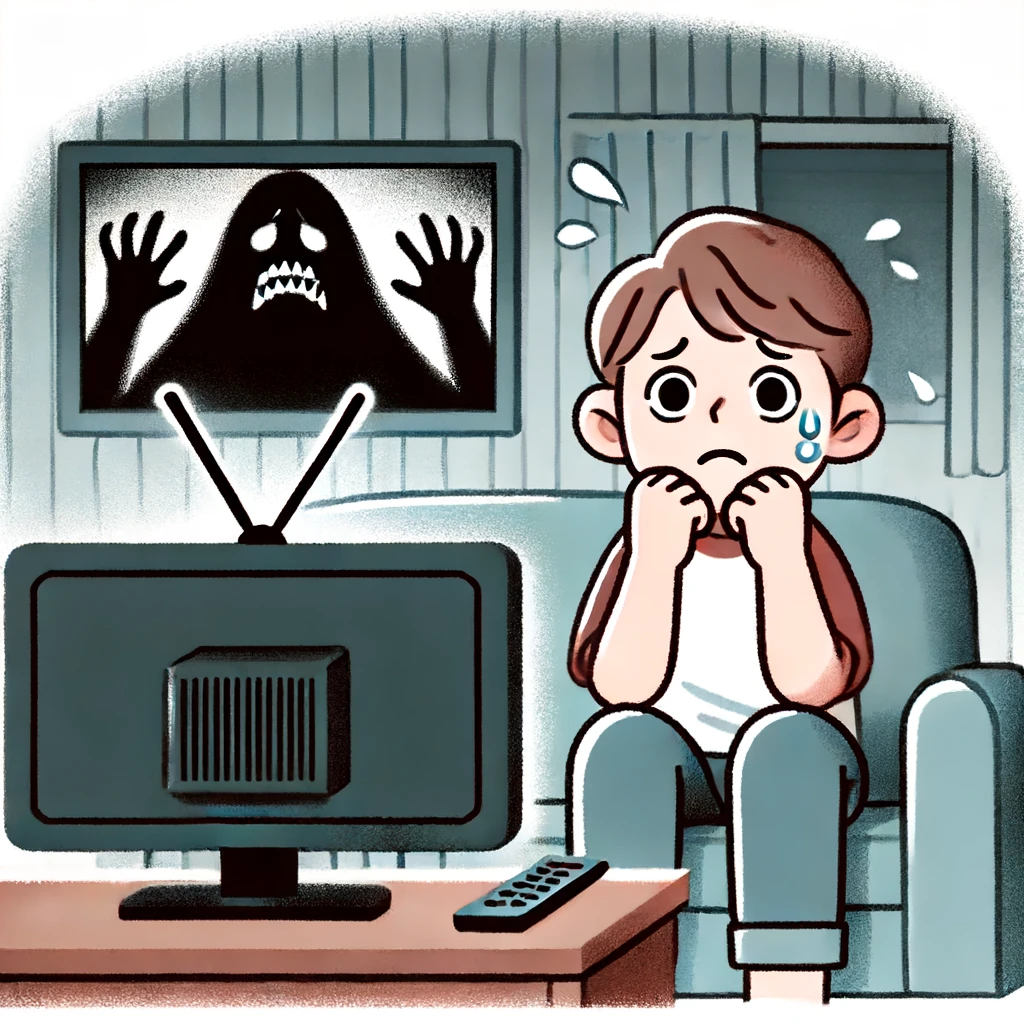Disturb
Definition
Disturb refers to interrupting or causing discomfort, disorder, or disruption to someone or something. It can also mean to upset someone emotionally or mentally.
Parts of Speech
- Verb
Pronunciation
American English
- IPA Pronunciation: /dɪˈstɜːrb/
- Respelling: dih-STURB
British English
- IPA Pronunciation: /dɪˈstɜːb/
- Respelling: dih-STURB
The pronunciation of "disturb" is the same in both American and British English, with only minor differences in accent.
Etymology
The word "disturb" comes from the Latin word "disturbare," meaning "to throw into disorder," from "dis-" meaning "apart" and "turbare" meaning "to confuse" or "to agitate." It entered the English language in the late 13th century, originally meaning to throw into disarray or confusion.
Derivatives
- Disturbance (noun)
- Disturbed (adjective)
- Disturbing (adjective)
- Undisturbed (adjective)
- Disturber (noun)
Synonyms
- Disrupt
- Agitate
- Interrupt
Antonyms
- Calm
- Peace
- Comfort
Usage
The term "disturb" is used in various contexts, including social, emotional, and environmental. It can refer to the interruption of a peaceful state, such as disturbing someone's sleep or focus. In emotional or psychological terms, it refers to upsetting someone's mental state. It is also used in environmental contexts, such as disturbing wildlife or natural habitats.
Related Terms
- Disrupt: To interrupt an event, activity, or process by causing a disturbance or problem.
- Interrupt: To stop the continuous progress of an activity or process by causing a break in continuity.
- Agitate: To disturb someone emotionally, making them feel upset or troubled.
Detailed Definitions
Verb
- To interrupt or disrupt something: Refers to breaking the flow or continuity of an activity or state.
- Example: "Please don't disturb me while I'm working."
- To cause emotional or mental discomfort: Describes the act of upsetting or agitating someone's mind or feelings.
- Example: "The news greatly disturbed him."
- To displace or alter something’s normal position: Used when referring to moving or disrupting the natural state of something, such as the environment.
- Example: "The construction work disturbed the wildlife in the area."
disturb



🇨🇳 Mandarin (Chinese)
- 打扰 (dǎ rǎo) - Disturb, bother
- IPA: /ta˨˩˦ ɻau˨˩˦/
- Respelling: DAH rao
- 干扰 (gān rǎo) - Interfere, disturb
- IPA: /kan˥ ɻau˨˩˦/
- Respelling: GAN rao
🇮🇳 Hindi
- परेशान करना (pareśān karnā) - Disturb, bother
- IPA: /pəˈreː.ʃɑːn kər.naː/
- Respelling: pa-RE-shan kar-NA
- विघ्नित करना (vighnit karnā) - Obstruct, disturb
- IPA: /vɪɡ.nɪt kər.naː/
- Respelling: vig-NIT kar-NA
🇪🇸 Spanish
- Molestar - Disturb, bother
- IPA: /mo.lesˈtar/
- Respelling: mo-les-TAR
- Perturbar - Disturb, unsettle
- IPA: /per.turˈbar/
- Respelling: per-tur-BAR
🇫🇷 French
- Déranger - Disturb, bother
- IPA: /de.ʁɑ̃.ʒe/
- Respelling: day-RAN-zhay
- Perturber - Disturb, unsettle
- IPA: /pɛʁ.tyr.be/
- Respelling: pair-TUR-bay
🇸🇦 Modern Standard Arabic
- أزعج (ʾazʿaj) - Disturb, annoy
- IPA: /ʔazʕad͡ʒ/
- Respelling: az-AJ
- شوش (shawwasha) - Disturb, rustle
- IPA: /ʃawːaʃa/
- Respelling: sha-WASH-a
🇧🇩 Bengali
- বিরক্ত করা (birokt kôra) - Disturb, bother
- IPA: /birokt kɔra/
- Respelling: bi-ROKT kor-a
- হানা (hānā) - Attack, disturb
- IPA: /haːnaː/
- Respelling: HA-na
🇷🇺 Russian
- Беспокоить (Bespokoit') - Disturb, worry
- IPA: /bʲɪspɐˈkojɪtʲ/
- Respelling: byes-po-KO-yit
- Мешать (Meshat') - Disturb, interfere
- IPA: /ˈmʲeʂətʲ/
- Respelling: MYE-shat
🇵🇹 Portuguese
- Perturbar - Disturb, unsettle
- IPA: /pɨɾ.tuɾˈbaɾ/
- Respelling: per-tur-BAR
- Incomodar - Disturb, bother
- IPA: /ĩ.ko.muˈdar/
- Respelling: in-ko-mo-DAR
🇮🇩 Indonesian
- Mengganggu - Disturb, interrupt
- IPA: /məŋˈɡaŋ.ɡu/
- Respelling: meng-GANG-goo
- Membuat resah - Disturb, make restless
- IPA: /məmˈbuat ˈresaʔ/
- Respelling: mem-BU-at RE-sah
🇩🇪 German
- Stören - Disturb, interfere
- IPA: /ˈʃtøː.ʁən/
- Respelling: SHTOE-ren
- Beunruhigen - Disturb, unsettle
- IPA: /bɔʏnˈruː.ɡɪɡən/
- Respelling: boy-ROO-gi-gen
🇯🇵 Japanese
- 邪魔する (jama suru) - Disturb, bother
- IPA: /d͡ʑa.ma ˈsuɾu/
- Respelling: JAH-mah SOO-roo
- 乱す (midasu) - Disturb, disarrange
- IPA: /miˈdasu/
- Respelling: mee-DAS-oo
🇻🇳 Vietnamese
- Làm phiền - Disturb, bother
- IPA: /lam˧˥ fjɛn˧˥/
- Respelling: LAM feeyen
- Quấy rối - Disturb, harass
- IPA: /kwej˧˥ zɔj˧˥/
- Respelling: KWEY zoy
🇰🇷 Korean
- 방해하다 (banghaehada) - Disturb, interrupt
- IPA: /baŋ.ɦɛ.ha.da/
- Respelling: BANG-hae-HA-da
- 괴롭히다 (goerophida) - Disturb, torment
- IPA: /ɡwe.ɾo.phi.da/
- Respelling: gwe-RO-phi-da
🇹🇷 Turkish
- Rahatsız etmek - Disturb, bother
- IPA: /ɾahatˈsɯz etˈmek/
- Respelling: ra-HAT-suhz ET-mek
- Bozmak - Disturb, spoil
- IPA: /bozˈmak/
- Respelling: BOZ-mak
🇵🇰 Urdu
- پریشان کرنا (pareśān karnā) - Disturb, upset
- IPA: /pəˈreː.ʃɑːn kər.naː/
- Respelling: pa-RE-shan kar-NA
- مضاجعت کرنا (muzājat karnā) - Disturb, annoy
- IPA: /muˈzaː.d͡ʒɑːt kər.naː/
- Respelling: moo-ZA-jat kar-NA





